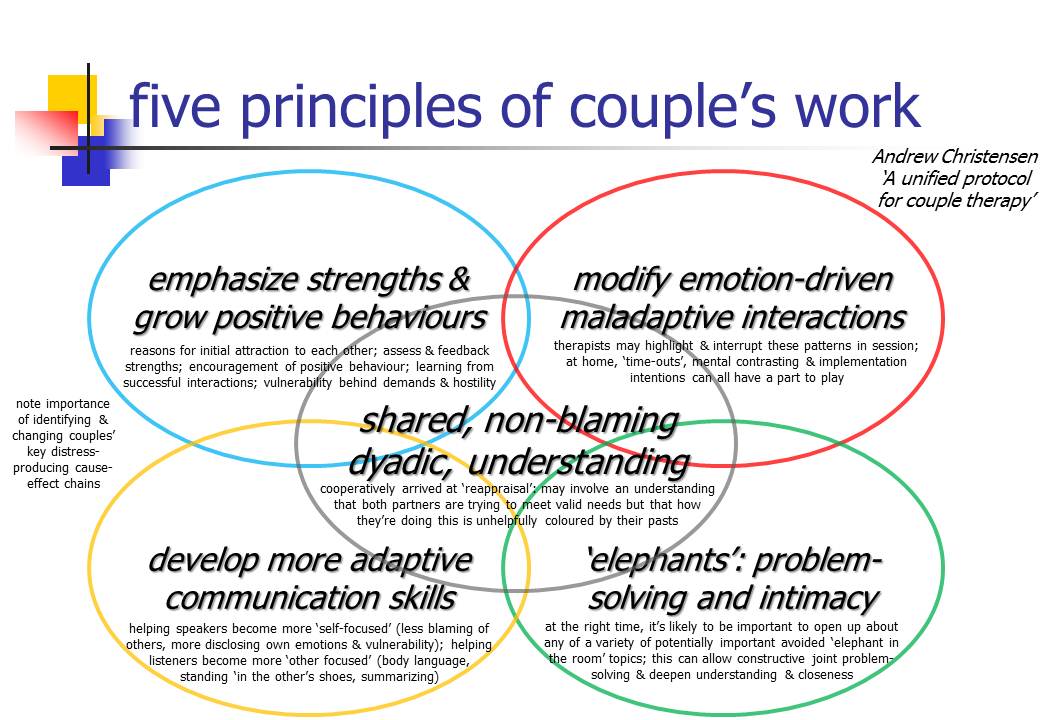Orlinsky & Ronnestad's "How psychotherapists develop": what maintains commitment, fascination & care in our work?
Last updated on 15th November 2011

I read a lot of research. When I find an article of particular interest I download it to my bibliographic database - EndNote - which currently contains over 16,600 abstracts.
I wrote a few days ago about Barry Duncan's interesting book "On becoming a better therapist". Duncan cited three major influences that had helped to form the book. The first was his involvement as an editor of the recently published, multi-authored "The heart and soul of change: delivering what works in therapy" - for further details about this more academic publication, see my blog post "The heart and soul of change." The second major influence has been findings from the fascinating Norway Feedback Project. As I've already written, the main research paper here is There has been a ripple of media interest - and rightly so - in the recent Lancet article "Minimum amount of physical activity for reduced mortality and extended life expectancy: a prospective cohort study." The article's abstract reads "The health benefits of leisure-time physical activity are well known, but whether less exercise than the recommended 150 min a week can have life expectancy benefits is unclear. We assessed the health benefits of a range of volumes of physical activity in a Taiwanese population. In this prospective cohort study, 416,175 individuals (199,265 men and 216,910 women) participated in a standard medical screening programme in Taiwan between 1996 and 2008, with an average follow-up of 8·05 years (SD 4·21). On the basis of the amount of weekly exercise indicated in a self-administered questio
In yesterday's post I discussed the first three of Andrew Christensen's "five principles" of a "Unified protocol for couple therapy". Today I'd like to talk about his fourth and fifth principles - foster productive communication (develop more adaptive communication skills) and emphasize strengths and encourage positive behavior. The five principles are illustrated in the following diagram (downloadable both as a PDF file and as a Powerpoint slide): "The heart & soul of change: delivering what works in therapy (2nd edition)"
Last updated on 29th August 2011
15 minutes of exercise daily reduces mortality by 14% - and each additional 15 minutes gives 4% additional mortality benefit
Last updated on 28th October 2017
Andrew Christensen's "Unified protocol for couple therapy" - the five principles (four & five) and guiding functional analysis
Last updated on 11th September 2011

Andrew Christensen's "Unified protocol for couple therapy" - the five principles (one, two & three)
Last updated on 2nd September 2011
Andrew Christensen's "Unified protocol for couple therapy" - overview
Last updated on 30th January 2012
Barry Duncan's book "On becoming a better therapist"
Last updated on 14th September 2011
![]()